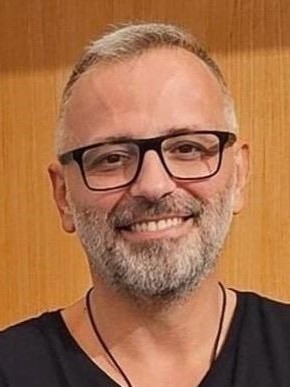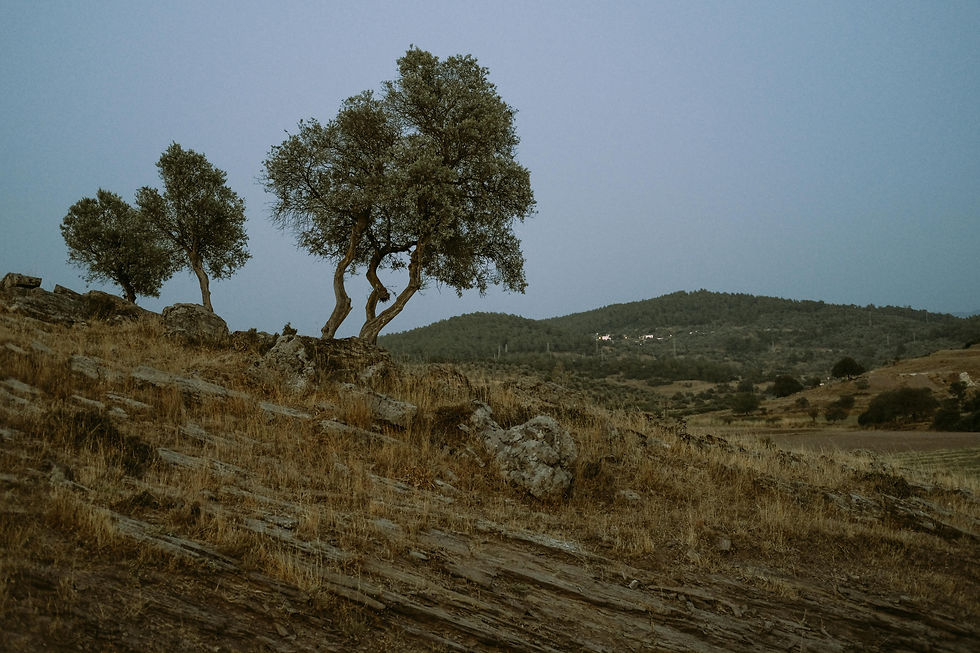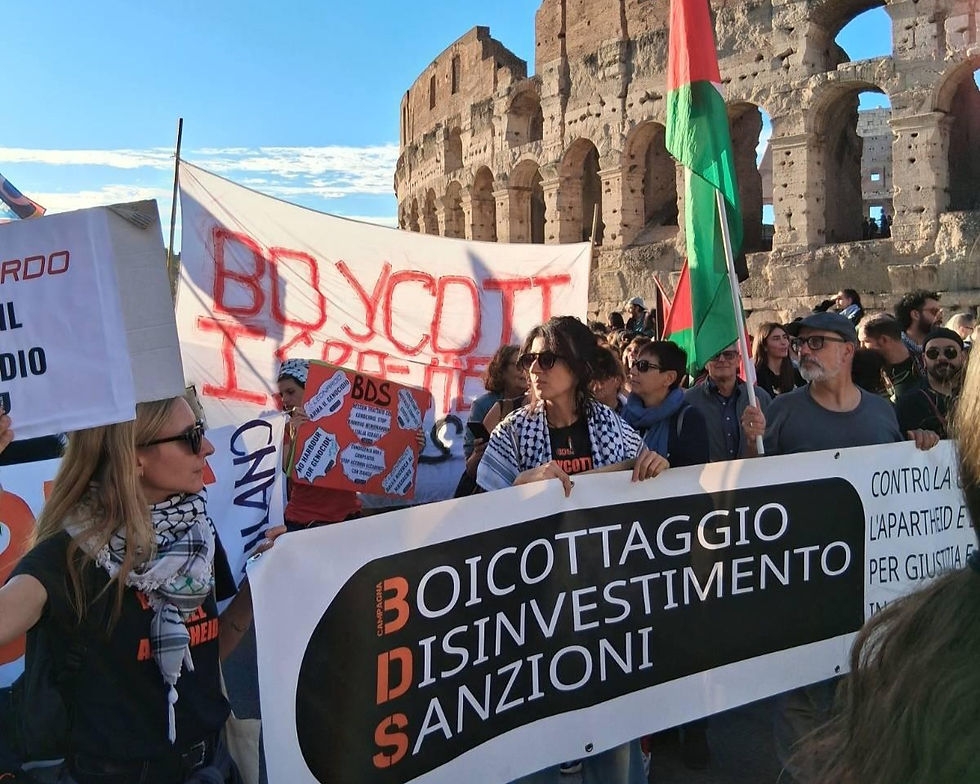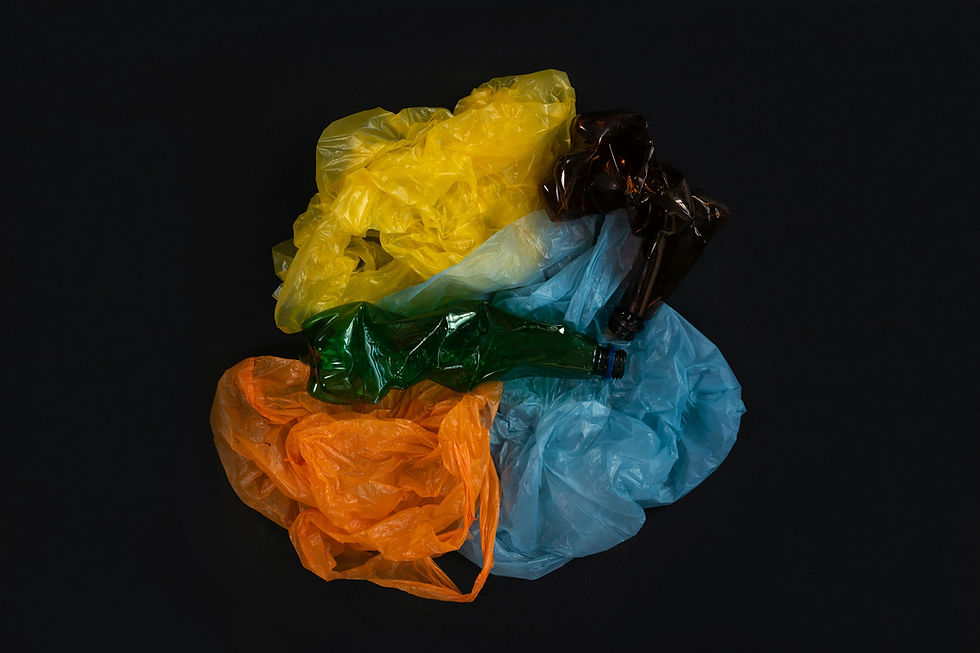Blurred Lines of Borders, Glaciers, and Olive Trees
- Elias Ayoub

- Sep 27, 2025
- 4 min read

As I sat down to write this, I struggled to disconnect myself from everything that was happening around me. How can one look beyond the atrocities of a publicly broadcast genocide and ongoing ethnic cleansing happening just a few kilometers away? Is it possible to disentangle oneself from the persistent occupation, the continuous buzzing of drones flying overhead, and the constant breaches by an aggressive military across our fabricated and fragile borders? Our borders, crafted in secret and eventually known as the Sykes–Picot Agreement, are essentially poorly drawn lines and partitions that were concocted by Western colonial powers in 1916. My people more commonly refer to it as the “knife that cut the Arab World into pieces.”
In this time of war and instability in my region, the overwhelming sense for many of us is that a new “Sykes-Picot” is being imposed through blood and war. As I attempt to pick up the pieces from the most recent Israeli war on Lebanon, I try to think of the underlying and unjust systems that exist in my “country” and who or what are the culprits that have led us down the path of becoming disenfranchised and powerless. Our fate has historically been decided by foreign powers behind closed doors, with very little resistance or dissent from apathetic majorities. We often counteract what’s outside of our control with the hope that things will work out and those making their decision will, by chance, provide us with the solutions we desperately need. As Mahmoud Darwish once expressed, “We suffer from an incurable malady: hope” – the burden of resisting quietly in the face of mounting injustice. Is a quiet resistance that relies on hope enough? Or should we be compelled to organize and mobilize during the overwhelming and multiple shifts happening all around us?
The challenge that I and those around me face is the inability to go below the surface of the iceberg, beyond the current events and patterns, and go on the journey of submerging ourselves in the systems and structures that have led us to our present. Radical Systems has provided me with a framing that perfectly encapsulates how, as a collective, we need to think about our current challenges and dig deeper to address them effectively. It’s about breaking through the trauma, fear, and uncertainty of the present. The wounds remain fresh, and the weight of the past continues to manifest itself in our daily events. Every day, we are bombarded with emerging and urgent situations that throw us off course, piecing ourselves together as we build up towards the change that we envision for ourselves, our families, and communities.
To reach our big ideas and aspirations, we need to shake ourselves from the fog that currently clouds our minds. Get better at working in parallel to transcend the present and address systemic structures, dive deeper into mental models, and conduct visioning exercises with the largest number of people possible. As I look beyond the current broken systems of aid, governance, and others that have, for the most part, papered over the cracks of their inefficiencies and attempted to conceal their contributions to injustice in our world, I am still hopeful.
A famous Gibran Khalil Gibran quote comes to mind these days, “Pity the nation that raises not its voice save when it walks in a funeral, boasts not except among its ruins, and will rebel not save when its neck is laid between the sword and the block.” We have tried and failed, and as always, find ourselves reacting to the circumstances and the actions of the “powers that be.” We need to process those failures, learn from them, and do better. We must allow ourselves the time to grieve and reflect in order not to be swept away by the overwhelming task ahead. We need to look inwardly to find that clarity of purpose and wellness required for our long journey together. We need to resist with compassion, love, and openness, letting go of the hatred around us.
In this piece, I have refrained from being overly technical and opted to share my reflections, my fears and pain, and my intent for continuing my struggle. The land that I call home is populated with olive groves. I wake up every morning to the sights and smells of those trees surrounding me and am reminded of another Mahmoud Darwish quote, “If olive trees knew the hands that planted them, their oil would become tears.” I will push through the sorrow of the exploitation of my land and people and harvest the hope that still exists within me, and finally, I will tackle injustice at its very roots with the care and love that I practice for the trees in my garden.
Elias Ayoub is a fellow of United Edge’s Justice Collective and a seasoned development practitioner and Executive. He is a passionate advocate for children and youth rights, a foresight practitioner, and an expert on scale and innovation. Currently, Elias is working closely with local communities, both Lebanese and Palestinian, through justice and rights-based approaches to amplify local voices and promote activism both at a micro and macro level.




Comments